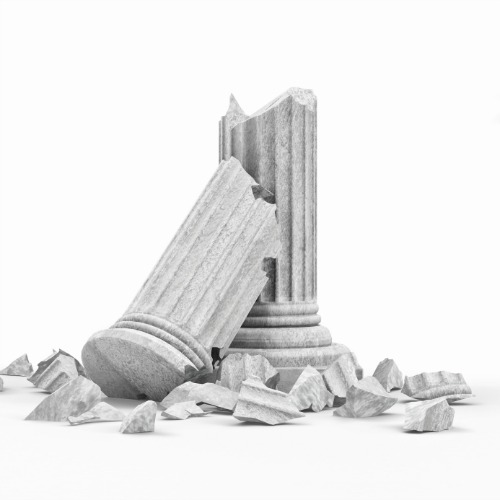Dave Chapelle’s new Stand up Comedy on Netflix intrinsically called; “Sticks and Stones” unsurprisingly ruffled a lot of its Viewer’s feathers.
Anyone that’s not been living under a rock for the last 15 years and has seen anything Dave Chapelle has ever created is well aware of the fact that he says whatever he has on his mind without remorse.
But the opening of the show had a profound impact from the start and set the stage for what would in a Fans’ opinion be “Classic Chapelle”.
The show opened with Dave singing the 1987 Hit Single by Prince; “1999”:
“Say say two thousand zero zero parties over, oops, out of time
So tonight I’m gonna party like it’s nineteen ninety-nine”
The words relay a sense of nihilism to the listener but also a sense of resignation as to what was going on in the world at that particular time- or what was left of the remaining time we had in the world- as contemporarily, 1999 heralded the dawn of a new Millenium and ultimately the end of the world. The song was created for the purpose to be overt defiance of this depressing idea. That we would all die someday and we might as well let everything loose. But as Zelda Fitzgerald, Author, and Wife of F. Scott Fitzgerald once noted:
“It is the loose ends with which men hang themselves”
Halfway through the first verse, Dave reminds the viewers that Anthony Bourdain killed himself. Someone that most people would envy because of the way he lived his life. Bourdain was paid handsomely to travel all around the world and eat delicious meals with very important people but was found hanging in his luxury suite from an apparent suicide.
Chapelle then goes into the story of a childhood friend that garnered scholarships to go to the finest schools in the Country. He does so and meets a young lady while pursuing his studies, falls in love and decides to marry her. During a Christmas break, he tells Dave that he’s going to jump the broom. Chapelle adamantly tries to convince the young man not to and to focus on his schooling but he does not listen. Things don’t go as planned (as if anything does) and the young man not only loses his wife but also his scholarships and is ultimately forced to leave school and return home to work at a local Foot Locker; something that by societies standards is considered rock bottom. To go from attending an Ivy Leauge College to working at a job that probably doesn’t even require a GED, should be the basis for extreme depression. His battle against depression might not have been absent but as Dave expounds; never once does his friend considers killing himself. He comically even suggested to his friend that he does so looking at how far he fell from grace, but he willingly accepts his fate and moves on with life.
The moral of this story is a perennial truth that we’ve all seen. Men and Women’s souls and how they handle the difficulties of life should not be judged by titles or materialistic trappings, but by the strength, calmness, and resilience of their souls.
As the 16th Century French Philosopher Michel de Montaigne so eloquently put it in his essay written in 1508; Of the Inequality amongst us”:
“Measure him without his Stilts; let him lay aside his wealth and titles; let him present himself in his undershirt. Is his body healthy, active, and able to perform its function? What sort of soul does he have? Is it beautiful and capable and fortunate enough to have all of its parts intact? Is the soul rich in what is its own or rich in what it has borrowed? Has luck had anything to do with it? Can it face the drawing of swords without flinching? Is it calm, unflustered, and content? This is what we must see. That is how the great differences between us should be judged”.
Outward appearances are more than often deceiving. There is always chaos beneath a calm sea. Our souls are the part of us that we should adorn and the truth of the matter is that no worldly possessions or outside acceptance can touch the soul. It is nurtured through the practice of things that have very little to do with material possessions and accolades. Shouldn’t we then cultivate virtues that build a fortress around our most prized possession? Fortify the part of our human existence that is the least examined but the most affected when the stakes are high. The part of our being that we have the most control over.
Success, status, and wealth are not to be shunned by any means, but as the timeless aphorism goes;
“What good does it profit a man to gain the whole world and lose his soul?” ~Mark 8: 36
